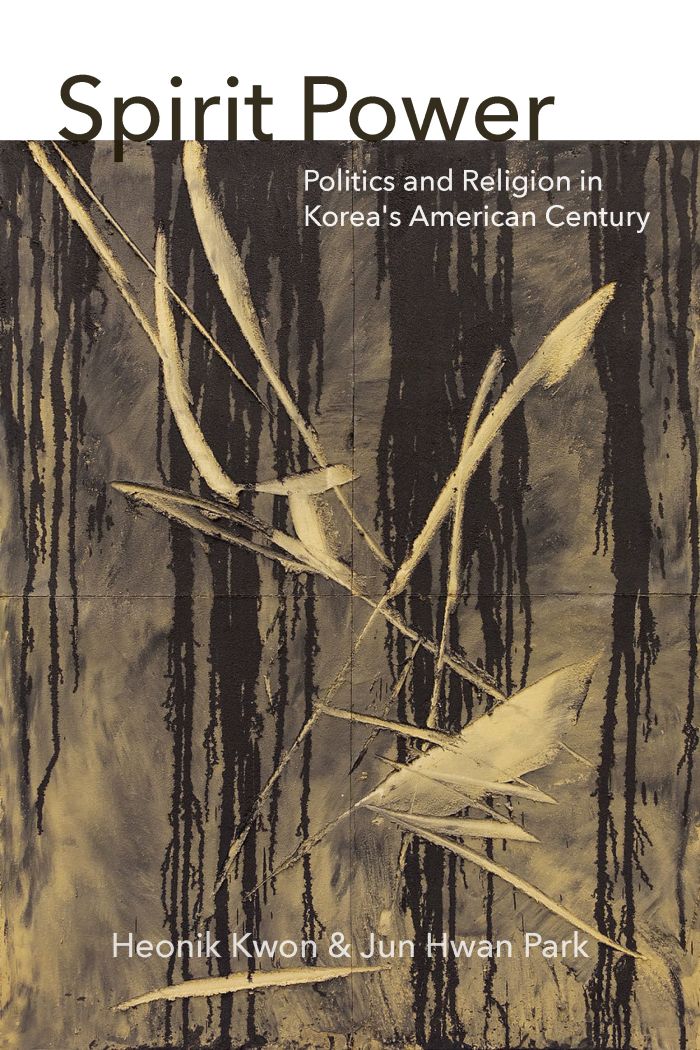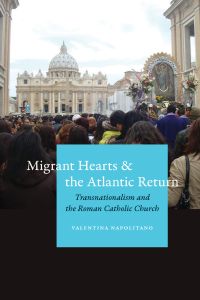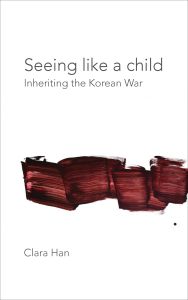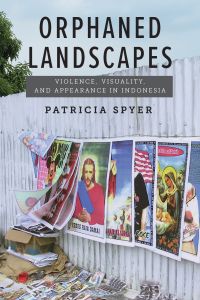Spirit Power
Politics and Religion in Korea's American Century

This book can be opened with

This innovative volume carries out two of anthropology’s most distinctive tasks: to see the world in a grain of sand and to decolonize the academy. Conversing with Korean intellectuals and shamans, the authors show the surprising local uses to which Cold War imagery was put.—Webb Keane, author of Ethical Life: Its Natural and Social Histories
Spirit Power adds to an exciting and growing body of literature on religion in Cold War South Korea, providing a fascinating window into the contingent yet powerful role of shamanism in an era of South Korean evangelical dominance. Employing ethnographic methods, and set to the backdrop of a volatile geopolitical past, this book provides a textured understanding of Korean shamans as they negotiate their liminal status—even calling upon the spirit of General MacArthur!—between the two Koreas, and in the long ‘American Century.’—Helen Jin Kim, author of Race for Revival: How Cold War South Korea Shaped the American Evangelical Empire
When a grand historical narrative collapses, writes Walter Benjamin, its places and heroes acquire a materially animated second life. For Heonik Kwon and Jun Hwan Park, the Korean shamanistic ritual of gut is so transformed in the aftermath of the Cold War. Historical places and heroes of the Cold War, decommissioned as indices of teleological progression, become both the expressions of and the apotropaic defenses against history now made accidental. In this monumental work, Kwon and Park return anthropology to its inaugural home of geography and history.—Hoon Song, University of Minnesota
Spirit Power is a wonderfully vivid book and will be of great use to readers from a variety of disciplines.—European Journal of Korean Studies
Spirit Power’s unique perspective on Korean religion, American influence, and modernity makes it a highly recommended read for anyone interested in these topics.—Journal of American-East Asian Relations
Heonik Kwon is Senior Research Fellow of Social Anthropology at Trinity College, University of Cambridge, and a member of the Mega-Asia research group at Seoul National University Asia Center. He is the author of After the Korean War: An Intimate History (2020, winner of James Palais Prize), The Other Cold War (2010), Ghosts of War in Vietnam (2008, George Kahin Prize), and After the Massacre: Commemoration and Consolation in Ha My and My Lai (2006, Clifford Geertz Prize).
Jun Hwan Park (Author)
Jun Hwan Park is an expert on Hwanghae shamanism. He has published widely on the symbolism of luck and the morality of money in Korea’s shamanic rituals.
Introduction | 1
1 Religion and the Cold War | 13
2 The American Spirit | 39
3 Voyage to Knoxville, 1982 | 69
4 Seeking Good Luck | 90
5 Original Political Society | 112
6 Parallelism | 136
Conclusion | 157
Acknowledgments | 171
Notes | 173
Bibliography | 201
Index | 217




